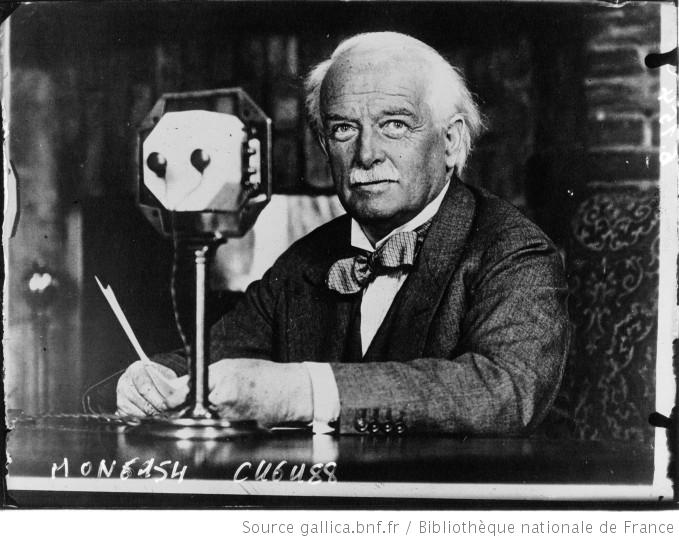On this day in 1909, the first state pensions came in – thanks to a Liberal government

January 1, 1909 saw the first state pensions come into force in the UK, thanks to David Lloyd George and the Liberal government elected in the 1906 landslide.
Introduced by the Old-Age Pensions Act 1908, the non-contributory state pensions were for the over 70s and administered via local pension committees set up by county councils – a reminder of how centralised the welfare state has become since.
The first wave of pensions numbered 596,038, who were entitled to 5 shillings a week (single people) or 7 shillings 5 pence a week (couples). When it was introduced, the pension age was higher than average life expectancy, something which thankfully has flipped in the intervening years, despite life expectancy also rising.
For a while after it was introduced, receiving this pension was often known as ‘going on the David Lloyd George’ thanks to his role as Chancellor in introducing it. Fans of the other side in the big Liberal Party divisions of the early 20th century may, however, wish to point out that it was Asquith who, as previous Chancellor, who had previously set out the plans in his 1908 budget speech.
Sign up to get the latest news and analysis
"*" indicates required fields
Leave a Reply